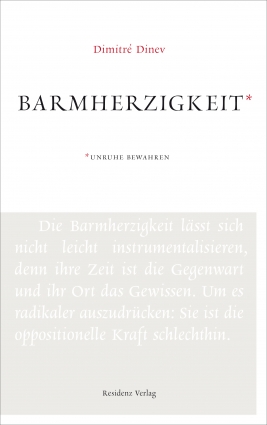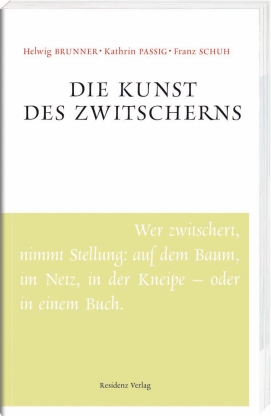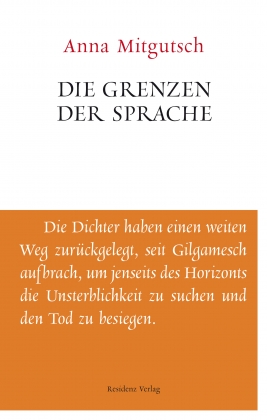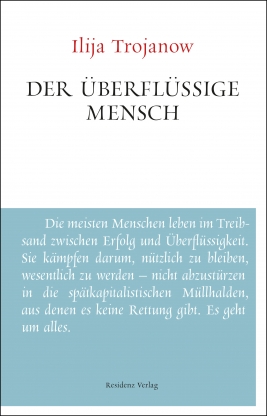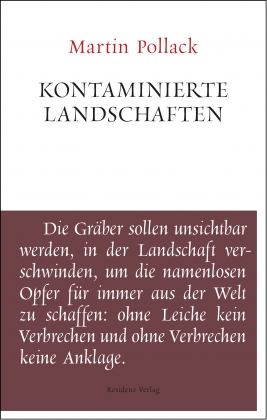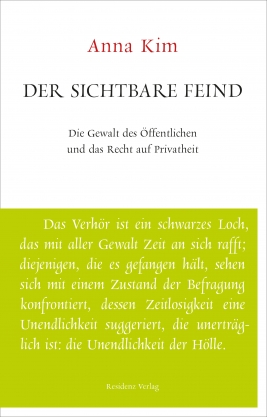
Anna Kim - The Visible Enemy
Public Violence and the Right to Privacy
From the series "Keeping Uncalm" in cooperation with the Academy Graz and DIE PRESSE
Discussions about the threat of privacy from phone hacking scandals and computer-aided searches are commonplace. Anna Kim draws a line from the development of the historic repeal of privacy in interrogation to the current use of digital technologies for government encroachment. In interrogation, the individual was always subdued for the arbitrary good of the public. Anna Kim tells the outrageous interrogation techniques and strategies from ancient history leading up to the dictatorships of modern times, where it was perfected through excessive tailing and show trials. The result is an unusual genealogy of surveillance as a publicly sanctioned violence.
Book details
from the series "Keeping Uncalm"112 pages
format:140 x 220
ISBN: 9783701716395
Release date: 19.02.2015
License rights
- World rights available






